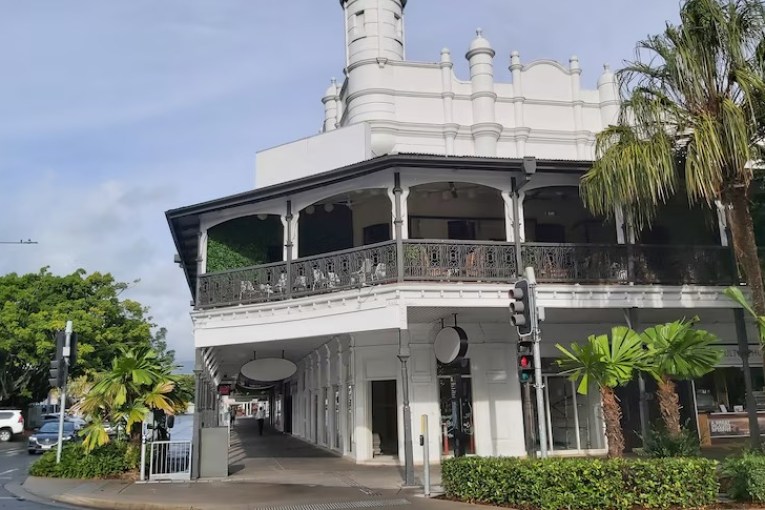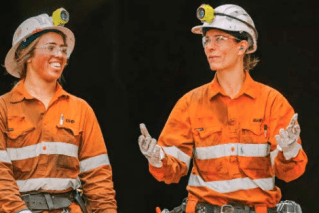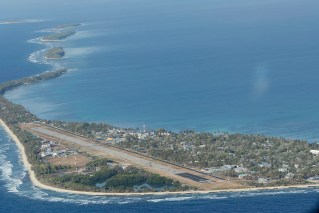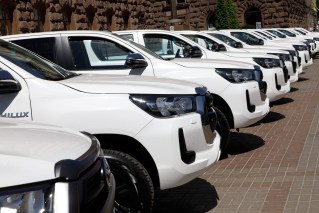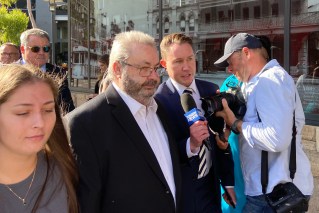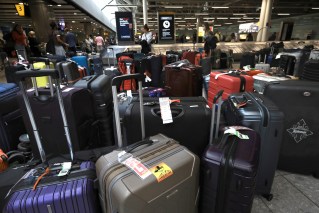Two birds, one stone: Republicans run new Australia Day option up the flagpole
As an increasingly ugly battle builds ahead of the referendum on an Indigenous voice to parliament, is the appointment of an Australian head of state and a new national day of celebration to mark the occasion a bridge too far?

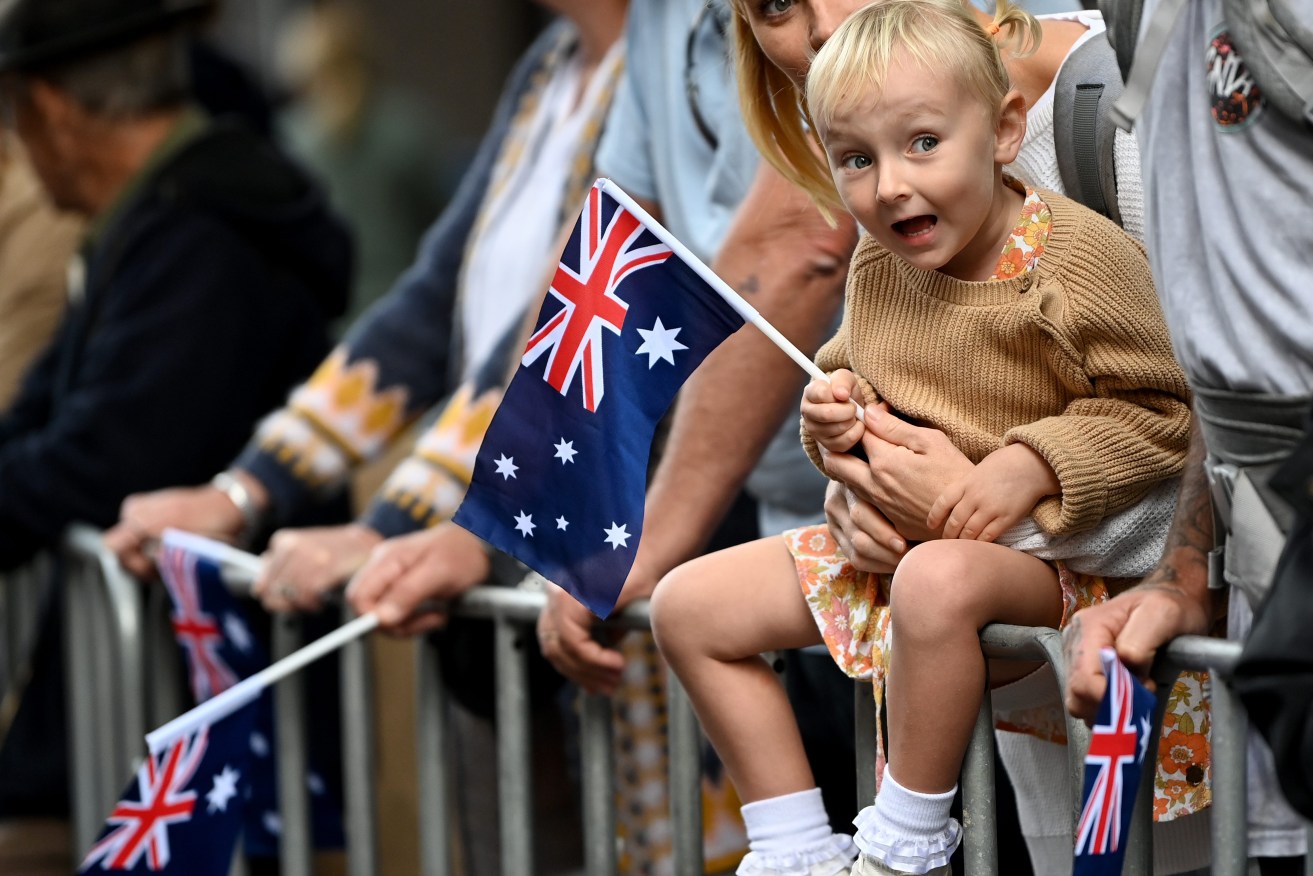
Australia has a chance to unite over a new republic, says Real Republic Australia. (AAP Image/Bianca De Marchi)
Real Republic Australia certainly doesn’t think so.
In fact, its chair David Muir believes a complete constitutional overhaul, one that banishes the royal sovereign in place of a directly elected Australian president, will be the quickest route towards finding common ground on the vexed question of when our national day of celebration should be held.
Muir is banking on what he sees as growing community sentiment against January 26 to build momentum for further change.
His calls come as the Queensland Government pushes ahead in collaboration with local governments to hold a series of events that look like mini food festivals across the state to mark the January 26 date, regarded as the beginning of colonisation and the systemic dispossession and genocide of the Indigenous population.
A spokesperson from the Premier’s office said there was no plan to walk back from the Australia Day celebrations, despite a growing community backlash, and the decision of some large employers to offer staff the option of observing the public holiday on a less contentious date.
“If Australians decide that an alternative to 26 January is needed, then a day linked to the advent of an Australian republic could provide a suitable alternative,” Muir said.
“The new annual national day could be the date Australia officially transitions to a republic, the date relevant legislation is passed by federal parliament, or the day of any successful republic referendum.”
The last time Australians voted on becoming a republic was 1999, when the then federal Howard Government presented voters with a specific, detailed model to consider.
Historians argue that the detail, instead of a more general question asking for Australians’ views on an Australian republic as a concept, killed the proposal.
The Albanese Government has made it clear an Australian republic is not on the immediate agenda.
It already has its hands full to have an Indigenous voice enshrined in the constitution via a referendum expected later this year.
As opposed to the model that was presented to Australians 24 years ago, Real Republic Australia wants a directly elected head of state and has released a discussion paper on its model.
“Our head of state should not be chosen for us by a hereditary system and should not be picked for us by politicians. We should choose who is our head of state through a genuine direct-election model,” Muir said.
“The discussion paper outlines our ideas but we want to hear the views of others and we especially don’t want regional voices to be drowned out by those in Sydney or Canberra.”
Muir said other Commonwealth countries had become republics to ensure they were truly independent on the world stage – 36 out of 56 member nations were republics – and none had done so out of disrespect for the royal family.
“Our discussion paper puts forward ideas for eligibility criteria, how to limit campaigns and campaign spending, but most importantly it outlines the sort of powers we want to see codified in law or in the constitution to ensure an elected head of state is never a rival to the PM,” he said.
“The Republic of Ireland shows how a directly elected head of state can work comfortably within a Westminster-style parliamentary system and never be a rival to a prime minister leading a cabinet government.”
